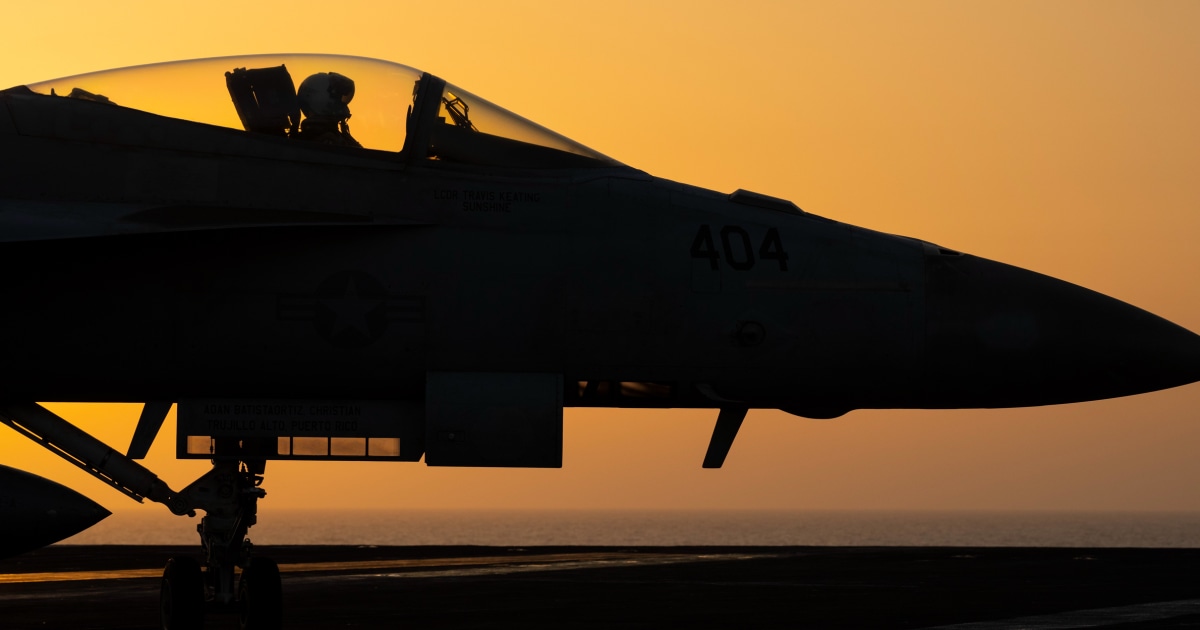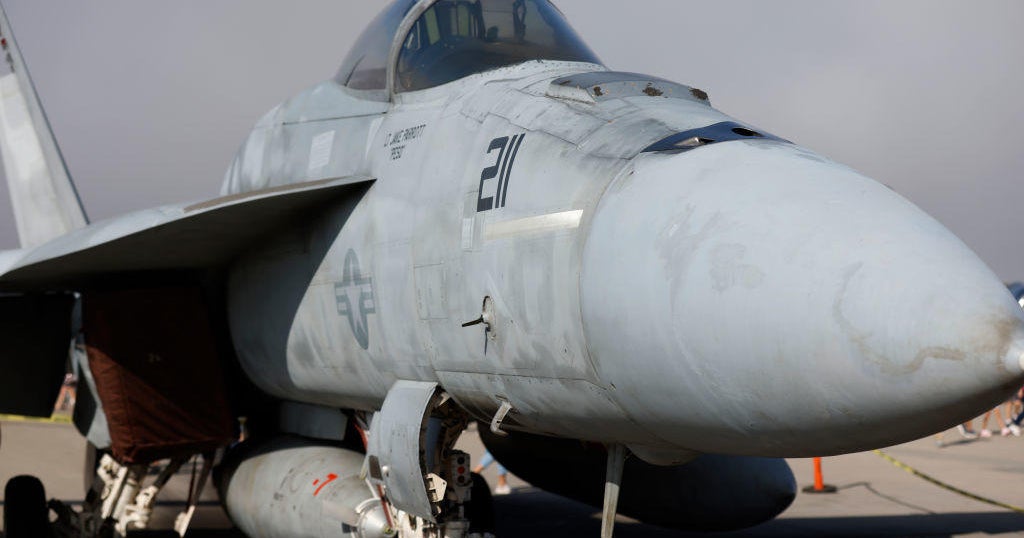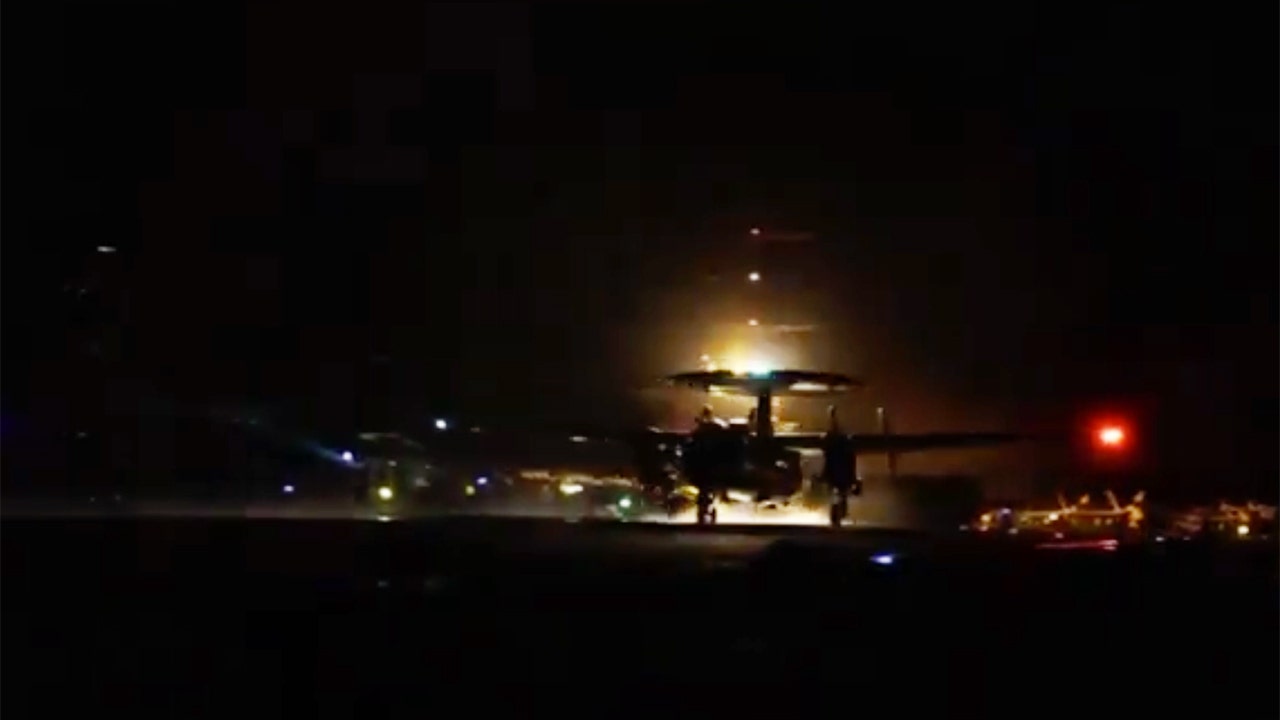World
Fears of Iranian attack on Israel keep tension high in Middle East
It’s unclear how many Middle Eastern countries will be willing to help this time, according to a U.S. official. Some don’t want to be seen as aiding Israel because of the war in Gaza.
Blinken ‘can’t predict’ what’s next amid worries of Iran retaliation
U.S. Secretary of State Antony Blinken said Thursday he “can’t predict” what’s next in the conflict between Israel and Hamas.
WASHINGTON – Tensions remained high between Israel and Iran Monday as the Pentagon rushed submarines, planes, warships and a top military officer to the region to head off a major conflict, according to U.S. officials.
The Middle East has been on edge since the recent assassinations of senior, Iranian-backed militant leaders in Beirut and Tehran. Iran’s top leaders have vowed to avenge the killings. Israel has not taken responsibility for the killing of a Hamas leader in Iran but acknowledges it killed the Hezbollah militant in Lebanon in an airstrike.
Gen. Erik Kurilla, who commands all U.S. forces in the Middle East, traveled to the region to shore up support among allies, according to a U.S. government official who was not authorized to speak publicly. In April, a U.S.-led coalition helped Israel thwart an attack by Iran with 300 missiles and drones.
It’s unclear how many Middle Eastern countries will be willing to help this time, the official said. Some don’t want to be seen as aiding Israel because of the war in Gaza, launched after the Hamas attack Oct. 7 attack that killed about 1,200 Israelis. Some countries have pointed to the protection of their own airspace as cover for allowing U.S. and allied forces to intercept missiles over their territory.
President Joe Biden and Vice President Kamala Harris, the Democratic nominee for president, met Monday afternoon with the administration’s national security team in the White House Situation Room to discuss the latest developments in the Middle East.
Earlier in the day, Biden spoke on the phone with King Abullah II of Jordan. “The leaders discussed their efforts to de-escalate regional tensions, including through an immediate ceasefire and hostage release deal,” The White House said.
Late Friday, the Pentagon announced that it was dispatching more warships, submarines and fighter aircraft to the Middle East to support Israel and help protect the tens of thousands of U.S. troops stationed there. F-22s, the most sophisticated warplane in the Air Force arsenal, have been sent to the region.
U.S. officials had worried Friday that an attack by Iran was imminent, but that fear had subsided a bit over the weekend.
On Monday, there was no change to the threat level, according to two U.S. officials who were not authorized to speak publicly.
A wild card, however, is Iran’s proxy groups in the Middle East, said U.S. Rep. Adam Smith, D-Wash., and the ranking member of the House Armed Services Committee. They could launch attacks on Israel without warning.
Smith told CNN Monday that Hamas in Gaza, Hezbollah in Lebanon and Houthi militants in Yemen have been “turned loose” by Iran. Smith termed that “extraordinarily risky” given their fanaticism.
“It is a very nervous situation, and I think it’s a huge problem,” Smith said.
Contributing: Joey Garrison










